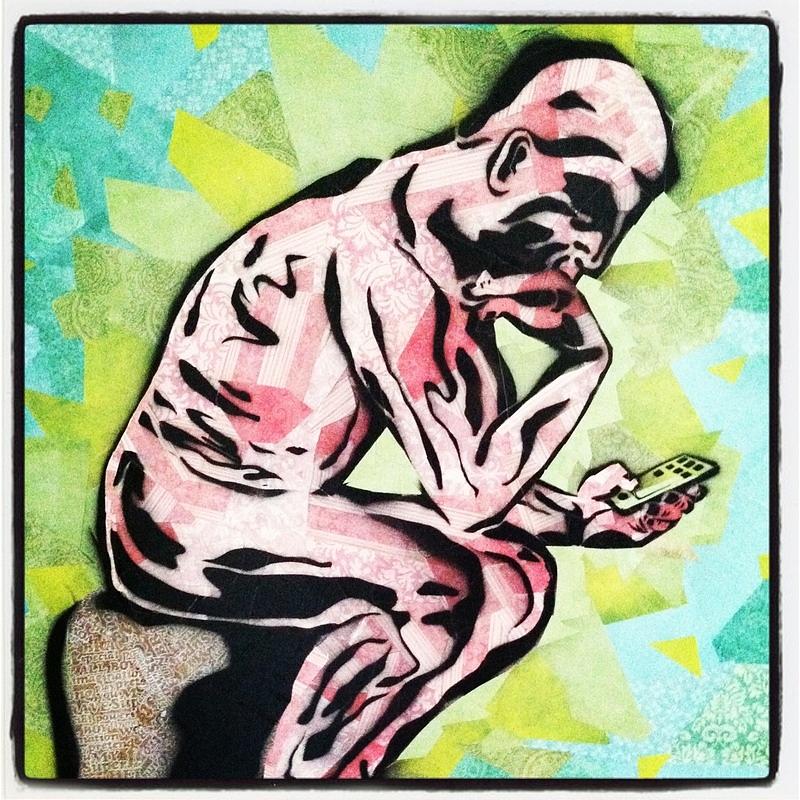
Before we talk about today’s ad fontes movements, it’s important to think about some examples from history. The most obvious is the eponymous movement of the Renaissance era. But this movement led to changes in society often overlooked as being part of the ad fontes approach to change. In our discussion on communication, Aubrey made a few comments on theatre during the Renaissance and into the Reformation period, but one thing especially caught my attention. During this period, theatre moved from a traditional “narrative” format about the lives of the apostles, to a more “doctrinal” format, which focused on Christlike principles and often personified qualities including faith and virtue. In true ad fontes style, theatre went back to the basics and emphasized core values over narrative tales.
Successive periods in history were based upon the same “back to basics” attitude. The whole Reformation was founded upon an ad fontes approach to religion itself, trying to restore the purity of Christ’s ministry. The Scientific Revolution was often marked by attempts to understand nature according to new discovery, and not by previous learning. As communication expanded via printing press, the Bible was the first work to be widely circulated.
With this in mind, it is interesting – even enlightening – to see how current movements are influenced by the same ad fontes attitude that was popularized during the 15th, 16th, and 17th centuries. Movements such as Black Lives Matter and All Lives Matter are characterized not by specific rights such as suffrage, but rather by a more basic principle: the establishment of basic human value among all people.
Other aspects of life have been affected by the same principle. Canadian psychologist Bruce Hood has discussed a resurgence of homeopathy in recent years. Here in Utah, Young Living Essential Oils was founded in 1993 and the use of essential oils has become increasingly popular since then. The organic food movement has taken root – no pun intended – in America, with natural food stores becoming increasingly popular as well. After some research, I was surprised to see how my own life is affected here and there by ad fontes – a recent effort to prioritize family and a renewed effort into my personal spirituality show a desire to simplify and return to the basics.
As societal issues become ever more complex, the desire to establish equality seems to become ever greater. If basic values are what we seek, we might learn a thing or two from our 16th century Renaissance ancestors in returning ad fontes for a better future.

No comments:
Post a Comment